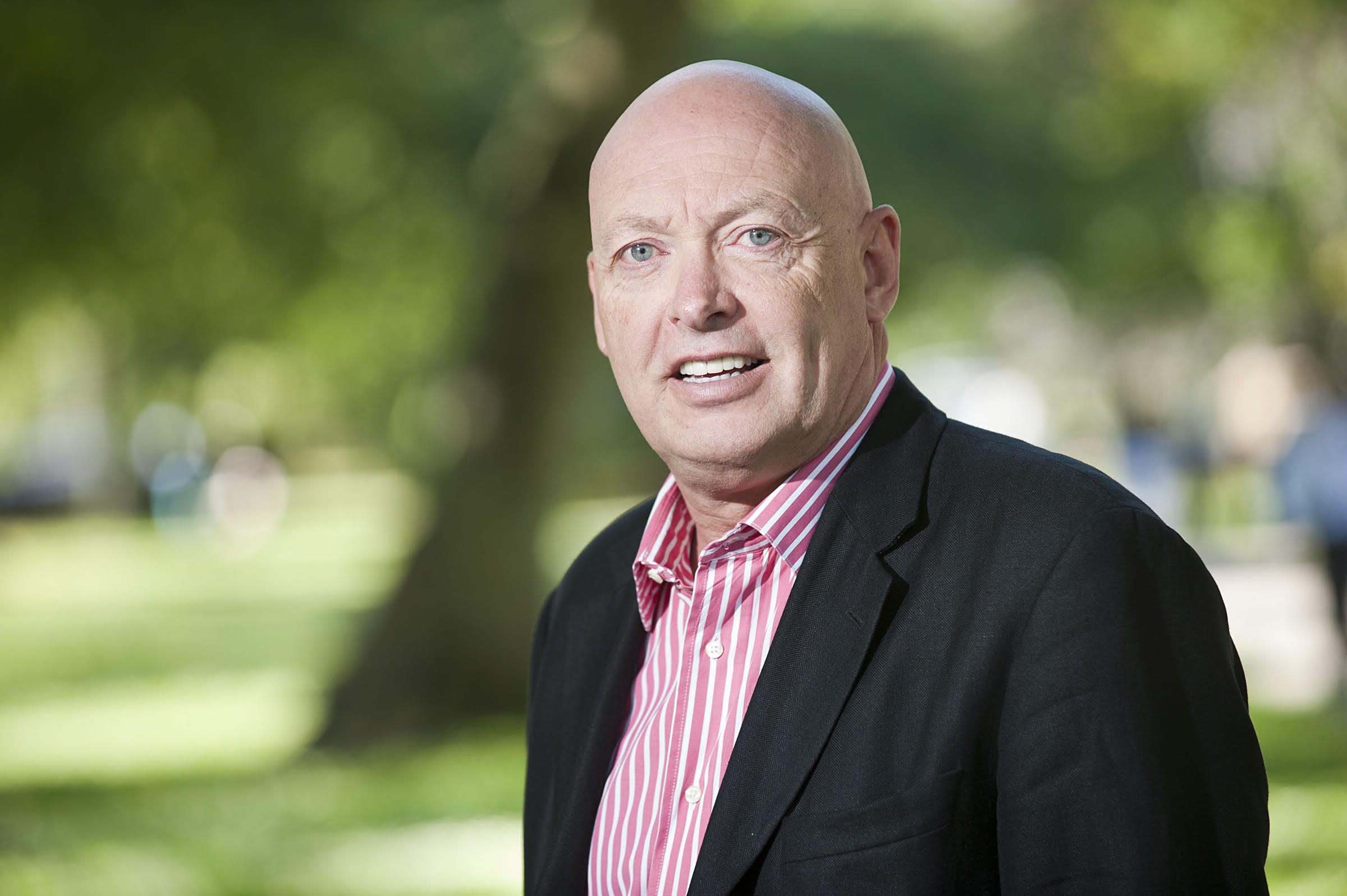More than four in ten older people in Scotland assessed as needing substantial or critical care last year waited over the six weeks outlined in national guidelines.
Research by Age Scotland uncovered that more than 6,000 older people had to wait over six weeks. This figure will be higher as 18 out of 32 councils were not able to provide the information requested by the charity.
Its report, Waiting for Care: Is Scotland meeting its commitment to older people, also highlighted the wide range of waiting times across local authorities and the lack of accessible information about the reasons for delays.
The average waiting time to receive social care was two and a half weeks among the councils that responded to Freedom of Information (FoI) requests.
The average time to receive an assessment to determine social care needs was three weeks across Scotland, but it was higher in the Western Isles, Dundee, East Dunbartonshire, East Renfrewshire, Edinburgh, Falkirk, Midlothian, Moray and Perth and Kinross councils.
Previous research conducted by the charity found that in 2015 the average waiting time for an assessment was two and a half weeks, illustrating the waiting time has increased over the past three years.
The report outlined six recommendations to local and national government, including more regular data recording so councils can spot trends and better respond and plan for increased demand; further efforts to attract and recruit more social care workers; and ensuring that the resources required to fund social care in the future are met.
Age Scotland’s chief executive Brian Sloan said: ‘Far too many older people are waiting far too long to get the social care they desperately need.
‘While many people do receive social care within the timeframe outlined in national guide-lines more than four in ten wait much longer. In one circumstance last year the wait was more than eight months. This is too high and action must be taken to urgently improve the situation for older people in Scotland.
‘While free personal and nursing care for the elderly has been a flagship, and revolutionary, policy in Scotland since its introduction in 2002 we need to face up to the challenges of a rapidly ageing population, more people living with dementia and the welcome expansion of this policy to those under the age of 65. This will require more investment in people and services.’








 ©2024 All rights reserved LaingBuisson
©2024 All rights reserved LaingBuisson 

